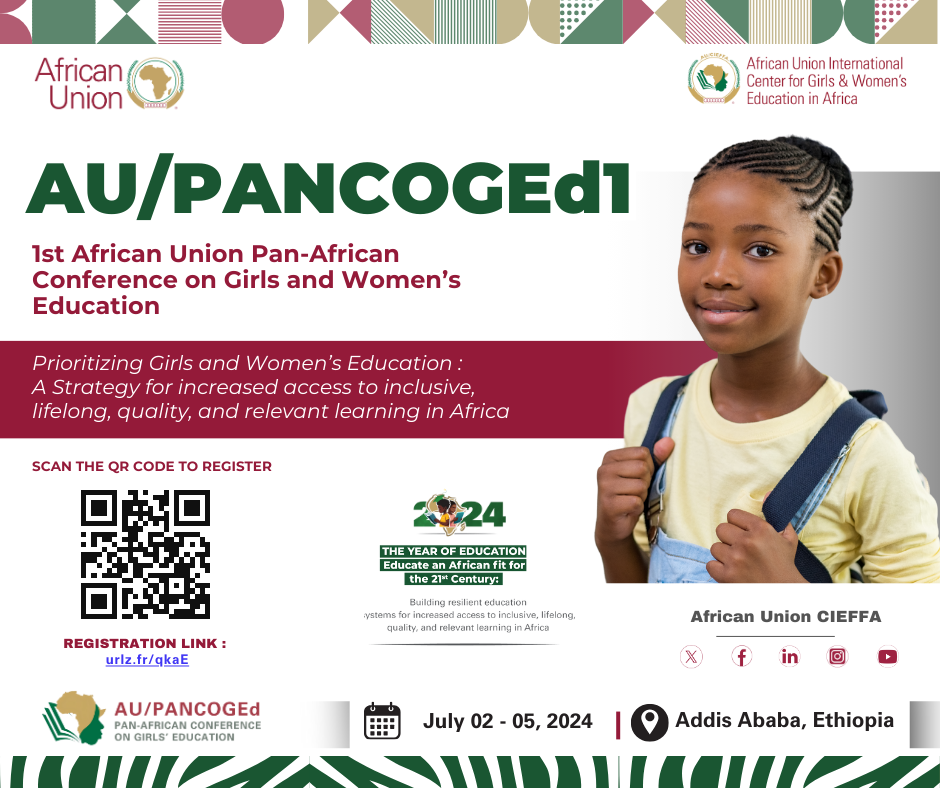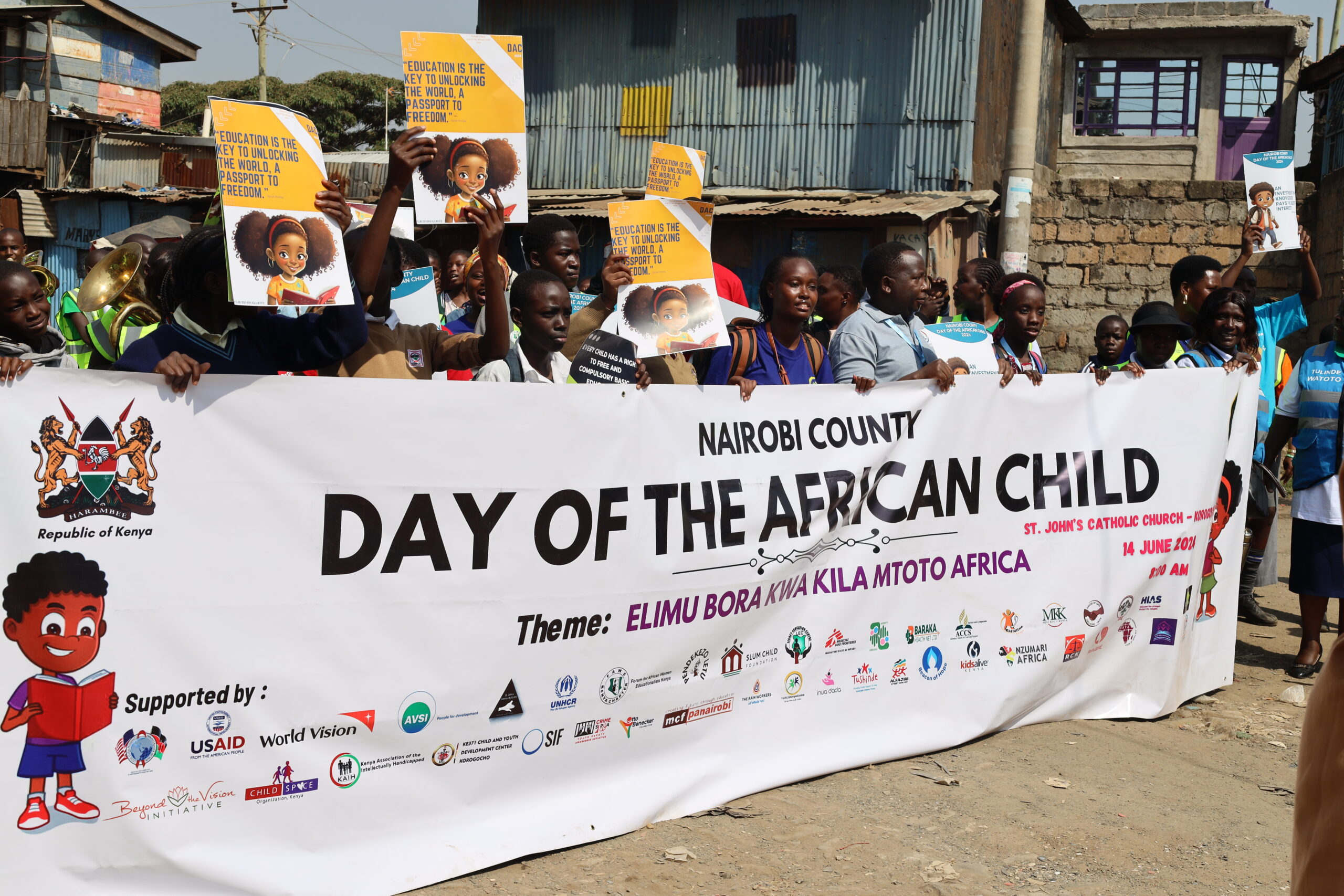According to a report released by Plan International, there is every year, between 500 million and 1.5 billion children experience violence, many within school walls. Girls are especially vulnerable to rape, exploitation, coercion and discrimination perpetrated by students and teachers. The consequences of such acts include unwanted pregnancies, poor performance at school and high dropout rates.
In every country, women and girls suffer from widespread and multiple forms of violence. It takes place in the home, on the streets, in schools, the workplace, during conflict and in time of peace. It manifests itself in its most prevalent forms of domestic and sexual violence. But it also takes the forms of female infanticide in the preference for boys, child marriage and female genital mutilation. A good example of gender based violence could be the recent happenings in Kenya whereby women were stripped off their clothes in public because of their so-called “indecent dressing”.
This kind of violence prevents women and girls in Africa and around the world to live in dignity as it violates their fundamental human rights and impedes them from achieving their full potential. It is one of the most potent obstacles to the advancement of women as it has social and economic costs and seriously jeopardizes the progress and prosperity of Africa and the world at large.
Girls and boys gain valuable knowledge and skills through education in gender-responsive environments free from all forms of violence, neglect and abuse or the threat of such; and Education systems through formal and informal settings actively contribute to the development of more gender-equitable societies where Violence against women and girls is not tolerated.
School related gender based affects girls’ access to education, their attendance and completion rates, their learning, and attainment. Indeed, it is not possible to deliver a quality education without attention to issues of safety and child protection, including protecting girls and women from all forms of gender-based violence. Violence in and around schools is a significant barrier to the achievement of the gender related Millennium Development Goals (MDGs) and the Education for All (EFA) targets.
For years, FAWE has worked tirelessly in combating SRBV by working with teachers, School administration, community members and the students in transforming school learning environment making it safe and gender-responsive for learning. FAWE Gender responsive-pedagogy, Tuseme Youth empowerment, and FAWE Centre of Excellence are some of the models that have been developed and demonstrated in selected schools and higher institutions of learning including teacher training colleges’ teacher training colleges to minimize SRGBV. Thanks to the Ethiopian government for adopting the FAWE gender responsive pedagogy model as one of the training modules and the Government of Malawi for introducing the GRP in all the primary teacher training colleges.
On this International Day for the Elimination of Violence against Women, FAWE is calling upon all the African Governments to take these efforts to the next level. We at FAWE are ready to play a stronger, better coordinated and a more visible leadership role in moving gender in education agenda forward.
Together, we must work to create a learning environment where violence against girls and women is not tolerated. Let all of us — men and women alike — join forces in this noble cause!





Leave A Comment